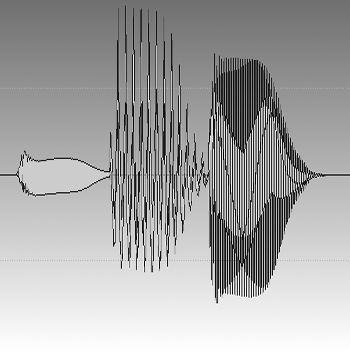
three movies that were better as books
All of these are well-done, or reasonably well-done films that streamlined a source novel:
Under the Skin. The ScarJo version is creepy and nicely-filmed but has only rudimentary connections to Michel Faber's novel. A woman driving around Scotland picks up men and terrible things happen to them. In the book we clearly see, and understand, the terrible things and the politics behind them. The film's actress is a beautiful blank on whom the camera lingers for most of the run-time; Faber's "Isserley" isn't much to look at but has a rich inner life.
The Man in the High Castle. This "Amazon pilot" excels at visually conjuring Philip K. Dick's parallel world where the Germans and Japanese won World War II but dumbs it down thematically. Dick's small business and lower functionary "little people" working out their fates within the context of a larger, mostly unseen political struggle become, in the Amazon version, players in a Mel Gibsonized "French Underground" story, with calculated plot twists and Nazis beating resistors to a bloody pulp.
The Prestige. Christopher Nolan also adds Hollywood "story arc" to Christopher Priest's superb Gothic novel. The book does not hinge on an absurd murder trial, or a prisoner separated from his daughter. The steampunk element in the form of a miraculous "Tesla device" figures in both both stories, but Priest handles the revelations about its powers much more effectively.
"Suspicious Activity"
This is the first song on the Discreet Mutations LP release. Riders of a certain NYC metro area subway system may find it amusing.
[embedded player removed]
Discreet Mutations -- LP liner notes

Am pleased to announce a new Bandcamp release for the new year, titled Discreet Mutations.
Some LP notes:
These tracks feature many presets from Steinberg (Cubase) and Native Instruments (Kontakt, FM8, Battery), particularly arpeggiators that play the provided synth patches.
I don't hear enough other music using these tools to know how successfully I've personalized the patches, or if that matters. The music also incorporates field recordings and riffs played "live" in the studio using Eurorack modular gear and, in a few songs, a '90s-vintage filter called the Mutator. To my ear these change the meaning of the presets, setting up a conversation between the canned and the spontaneous, 1s-and-0s vs voltages, clean vs dirty, etc. There is questioning going on here, and emotional content (mostly anger and humor, not much sadness). Please check out the first track, "Suspicious Activity," if your time is limited -- I think it's kind of funny, especially if you are a rider of a certain NYC metro area subway system.
Compared to earlier work, the tunes are shorter but also more full. The Cubase DAW makes it possible to timestretch and stack riffs: at the most I can handle four or five interacting simultaneously, but it's like working a puzzle to fit them all together. The shortness is due to boredom -- if anything sounds too repetitious, I cut it out.
A cassette version of this recording is available! Same price as the digital, plus postage.
Note: These tunes use the full audio spectrum (i.e., aren't written with tinny laptop speakers in mind)! In some cases, notably the track "Discreet Mutations," crucial segments are laptop-inaudible because they are bass notes. A halfway decent pair of speakers are recommended, if those can be obtained.
more on those private facebook accusation groups
Michael Connor says, on Rhizome, "I'm ... a bit dismayed by your attack on closed Facebook discussions."
That's a classic diversionary argument. I guess he means this post. My reply:
I didn't say that "every viewpoint, however unpopular, must be expressed in full public view." As you say, the parameters of [Rhizome's] "archiving" [of social media discussions] haven't been defined yet. Some form of "monitoring" [those] channels (as in auditing, listening to, finding some way to parse) is badly needed, if that's the new place for discourse. We've talked about this -- now you're putting an Orwellian spin on my words.
Heather alludes to "debates" from those channels that touched off your tweet and this post. You should at least summarize the high points. You don't have to say who said what.
Facebook itself is not public! Ripps has said his discussion was "friends only."
Art F City applied a double standard by liberally screenshotting from Ripps' discussion, and yet scrupulously refusing to copy the complaints against his project from a "private, women-only Facebook group."
You made your own assessment, in writing this post, based on what you could read of Ryder's comments (that I did not have access to) but not his accusers'.
This is a perfect example of why some kind of etiquette needs to be worked out in copying, referring to, or, yes "monitoring" social media art discussions.
